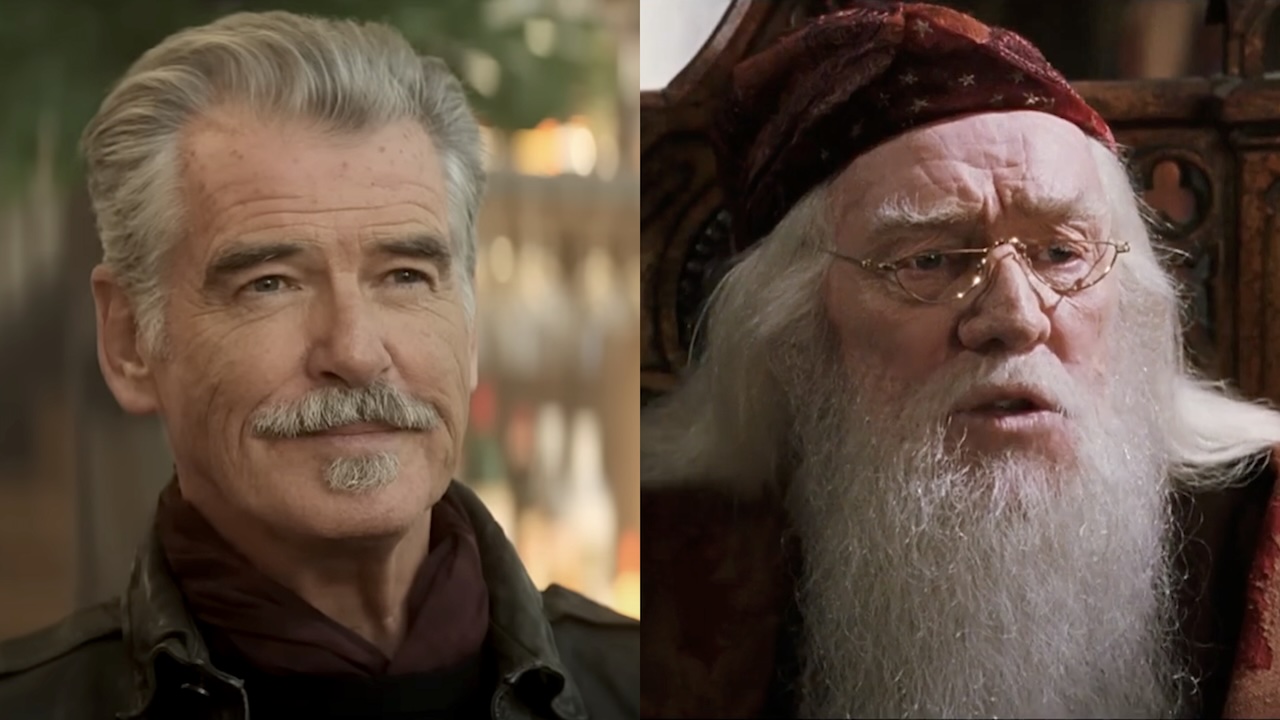Like Defoe’s Robinson Crusoe, Lovecraft’s Diary Of Alonzo Typer and The Blair Witch Project, Apollo 18 takes the form of recovered first person documentation unearthed after an isolated misadventure. In many ways, this lens seems a natural choice to view such a story through, given both its reliance on a specific point in time and its emphasis on exploration, but because of a poorly conceived basic structure and the similarity of its main characters, Apollo 18 crumbles beneath what should have been a promising format.
There’s a reason why other people’s home movies are tedious and long. Without the ability to manufacture dialogue to clarify emotions, motivations and back stories, the full importance can never truly be conveyed to a random viewer without incessant interjections from the people who were there. That’s why the parties in question normally spend an inordinate amount of time prefacing what’s about to be seen, but in a theatrical release, it’s impossible to do that. What shows up on screen is the only explanation we get, and with Apollo 18 that’s simply not enough. Who are these men encountering unknown beings on the moon? As far as I can tell, they’re a trio of thirty-ish Astronauts with families who attended one barbecue together.
Apollo 18 opens with an incredibly brief introduction to NASA followed by home movie footage of that aforementioned barbecue. The public has been told further missions to the moon would be cancelled on account of budget cuts, but the three smiling, hamburger eating explorers know otherwise. They’re preparing for the eighteenth Apollo mission that involves their placing of spy equipment on the lunar surface to monitor the USSR. Excited but annoyed they can’t tell anyone, the three astronauts take off under the cover of night for their secretive assignment. They encounter weirdness almost immediately.
With one left behind in the shuttle, the other two land their craft and quickly discover an abandoned USSR pod a short distance away. There’s blood everywhere, but the vehicle itself still seems to be mostly intact. Hopped up on Cold War paranoia, the pair fan out to look for Cosmonauts and discover one long since deceased with a rock protruding from his leg. It looks like murder, but what could have possibly led to that?
The Department of Defense denies any knowledge and speculates the dead Soviet must have traveled to the moon alone, a prediction that does little to calm the frightened Astronauts. Even if that’s the case, it certainly doesn’t explain why he met his end or what could be behind a slew of mysterious events like the destruction of a flag or the frequent cutting out of communication equipment. Those poor bastards find out in due time after a spider-looking rock shimmies its way into one of their suits and turns their red scare into extra-terrestrial fear.
With a proper introduction and perhaps a different menace, Apollo 18 might have set itself up for a creepy, edge-of-your-seat conclusion, but as its stands, the final act is just two generic white dudes trying to outrun moon rocks. In its commitment to live in the moment, Brian Miller’s screenplay uses innocuous exchanges, like arguing over who gets to eat the carrots, as stand-ins for actual character description. In a way, it really does make the whole thing seem more like a real story, but I’m not sure it’s a story anyone would really have fun watching.
Recently, the mediocre horror film Quarantine utilized this same found footage technique, but it wisely used its first act to allow its characters to have fun. As a result, when the shit hit the fan, the leads had at least a semblance of altered personalities to let viewers play favorites. There are no divergent personalities here. The guy who stayed on the ship, I think his name is John, could have just as easily been the dude with the thing in his suit, I think his name is Walker, or the other guy, possibly named Ben, who shouts things like “I won’t leave you behind”. I know the NASA program was pretty uniform in the early 1970s, but these three make the Stepford Wives look like Slick Willy, George W and Obama.
Director Gonzalo Lopez-Gallego clearly has a knack with visuals. It’s a testament to how wonderful he is with the camera that Apollo 18 is still somewhat affecting. Objects jump out at the right moments to frighten and the moon’s natural darkness and steep terrain are utilized very well. Ultimately though, the way the film uses its time is inexcusable. There is not one intended scare in the first half of the film, but bizarrely, none of that chunk is used to let the characters speak their minds either. It’s all procedural. Thirty minutes might seem like a brief journey to the moon, but I can assure you, in a cooped up shuttle with these three, it seems like an eternity. The other hour is no doubt better, but without purpose, it’s just cheap and pointless thrills.
Mack Rawden is the Editor-In-Chief of CinemaBlend. He first started working at the publication as a writer back in 2007 and has held various jobs at the site in the time since including Managing Editor, Pop Culture Editor and Staff Writer. He now splits his time between working on CinemaBlend’s user experience, helping to plan the site’s editorial direction and writing passionate articles about niche entertainment topics he’s into. He graduated from Indiana University with a degree in English (go Hoosiers!) and has been interviewed and quoted in a variety of publications including Digiday. Enthusiastic about Clue, case-of-the-week mysteries, a great wrestling promo and cookies at Disney World. Less enthusiastic about the pricing structure of cable, loud noises and Tuesdays.











